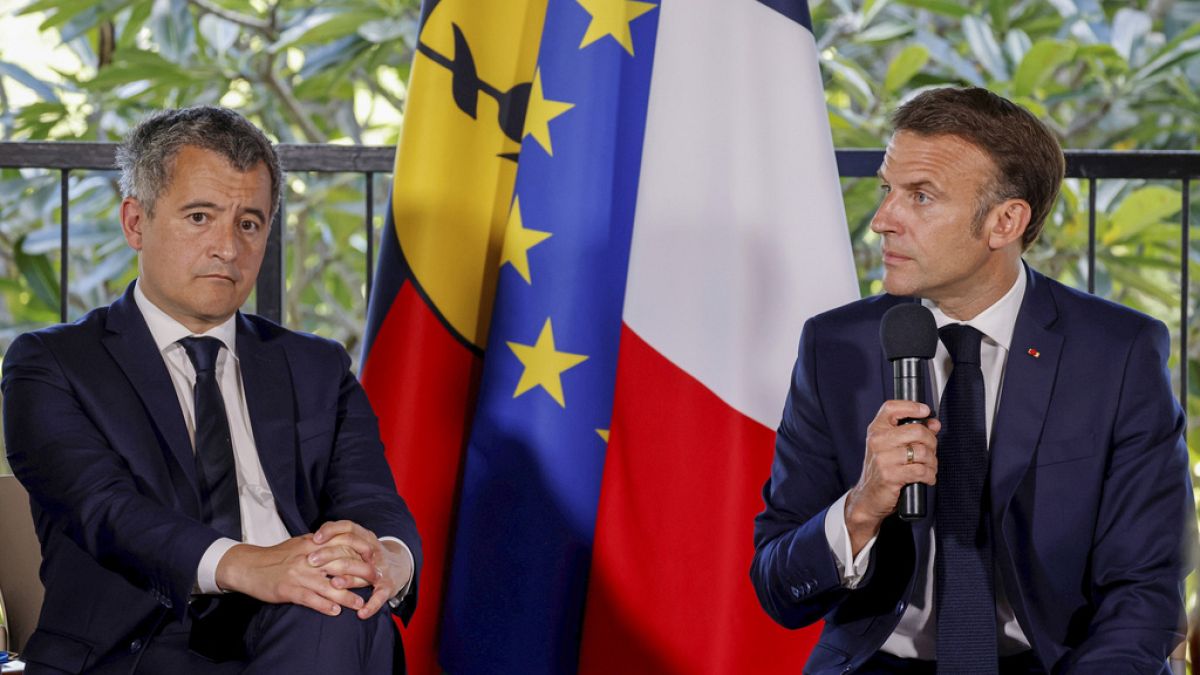French President Emmanuel Macron has deployed around 3,000 security forces to the archipelago of New Caledonia to address the deadly unrest that began on 13 May. Macron urged the removal of protesters’ barricades and held a meeting with local leaders to restore order. The violence, which resulted in six deaths, is the most severe since the 1980s when France last imposed a state of emergency in the region. Macron emphasized that the security forces would remain as long as necessary to maintain peace, even during the upcoming Paris Olympics.
The French government approved a bill allowing residents who have lived in New Caledonia for at least 10 years to participate in provincial elections. However, opponents fear that this measure may benefit pro-France politicians and further marginalize the Kanak indigenous population. The Kanaks have historically faced segregation policies and discrimination, leading to tensions over the issue of independence between them and those who wish to remain part of France. Macron has previously facilitated dialogues between the two factions, leading to a 2018 referendum in which New Caledonians narrowly voted to remain part of France.
Macron’s visit to New Caledonia comes after the violence erupted during debates in the French legislature in Paris on contested changes to voter lists in the region. The President called for a minute of silence for the victims of the unrest and urged local leaders to work towards the removal of barricades and cessation of attacks. The destruction caused by the violence is estimated to be in the hundreds of millions of euros, leading to concerns about economic reconstruction and political stability in the region.
The French authorities have arrested more than 280 people since the violence began, highlighting the severity of the situation in New Caledonia. Macron’s decision to maintain security forces in the region even during the upcoming Olympics demonstrates the government’s commitment to restoring order and ensuring the safety of residents and tourists. The state of emergency imposed by Paris can only be lifted if local leaders cooperate in removing barricades and calling for an end to violence, emphasizing the need for collaboration between different factions in the archipelago.
The meeting between Macron and local leaders in New Caledonia aimed to address not only the immediate security concerns but also the long-term political and economic challenges facing the region. Discussions about economic reconstruction, support, and political future will play a crucial role in determining the path forward for New Caledonia. Macron’s emphasis on decision-making and announcements following the meeting reflects the urgency and importance of finding a resolution to the current crisis in the region.
In conclusion, the situation in New Caledonia highlights the complex historical and political dynamics that have shaped the region’s quest for independence and autonomy. Macron’s efforts to address the violence and unrest through dialogue and security measures demonstrate the government’s commitment to maintaining peace and stability in the archipelago. The upcoming decisions and announcements following the meeting with local leaders will likely have long-term implications for the future of New Caledonia and its relationship with France.











